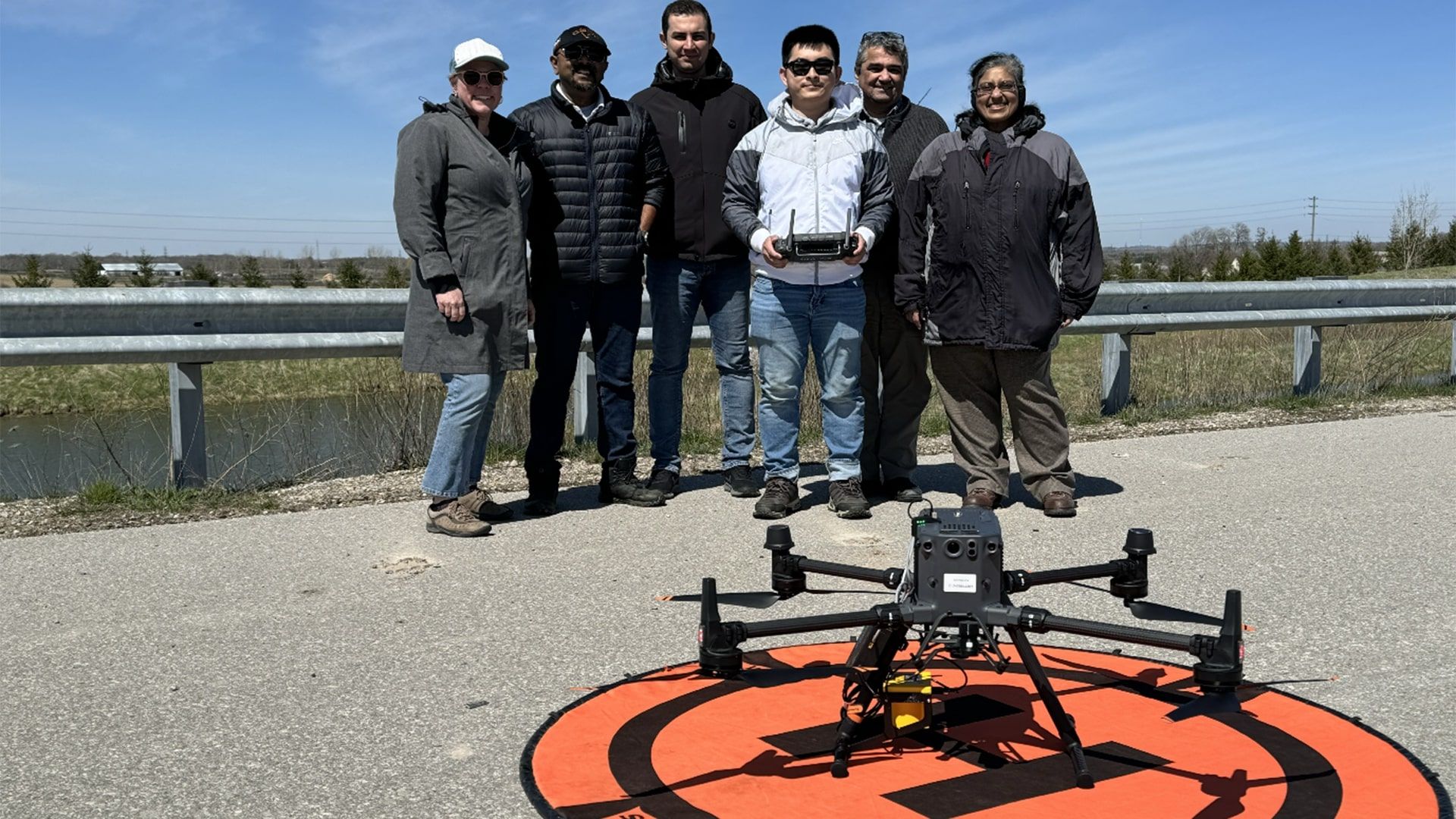Western Space Institute Brings Interdisciplinary Approach to Space Science to Address Global Challenges

Located in Ontario, Canada, the Institute for Earth & Space Exploration (Western Space) at Western University is dedicated to tackling some of the most pressing challenges in space science and exploration through an interdisciplinary approach.
In a recent conversation with Editor Georgie Purcell, Dr. Sarah Gallagher, Director of Western Space, highlighted how the institute's activities are addressing key challenges facing today's world. With four main strategic priorities - Planetary Science and Astronomy, Space Technologies, Earth Observations for Societal Benefit, and Space and Remote Health - Western Space is working on cutting-edge projects that span multiple disciplines.
One notable project is the multi-scale methane monitoring initiative, which launched just over a year ago and involves partnering with the City of London landfill to monitor methane emissions. The project showcases the importance of collaboration between researchers from various domains, including engineering, computer science, geography, and geophysics.
Western Space is also focusing on space situational awareness, which is critical for understanding the risks associated with a crowded low-Earth orbit. The institution has developed a Global Meteor Network using citizen scientists and off-the-shelf cameras to track meteors, which can provide insights into satellite trajectories and help mitigate debris risk.
The institute's work highlights the value of an interdisciplinary approach in tackling complex global challenges. By bringing together experts from diverse fields, Western Space is able to develop innovative solutions that benefit multiple stakeholders.
In the near future, Western Space plans to expand its CubeSat programme, which aims to test new technologies in space. The institution will also establish a Mission Control for remote operations by the end of 2024, enabling it to support a wide range of activities, including observation planning, telescope and rover operations, and testing remote health protocols.
With its focus on collaboration, interdisciplinary research, and technological advancement, Western Space is set to make significant contributions to the field of space science and exploration in the years to come.
